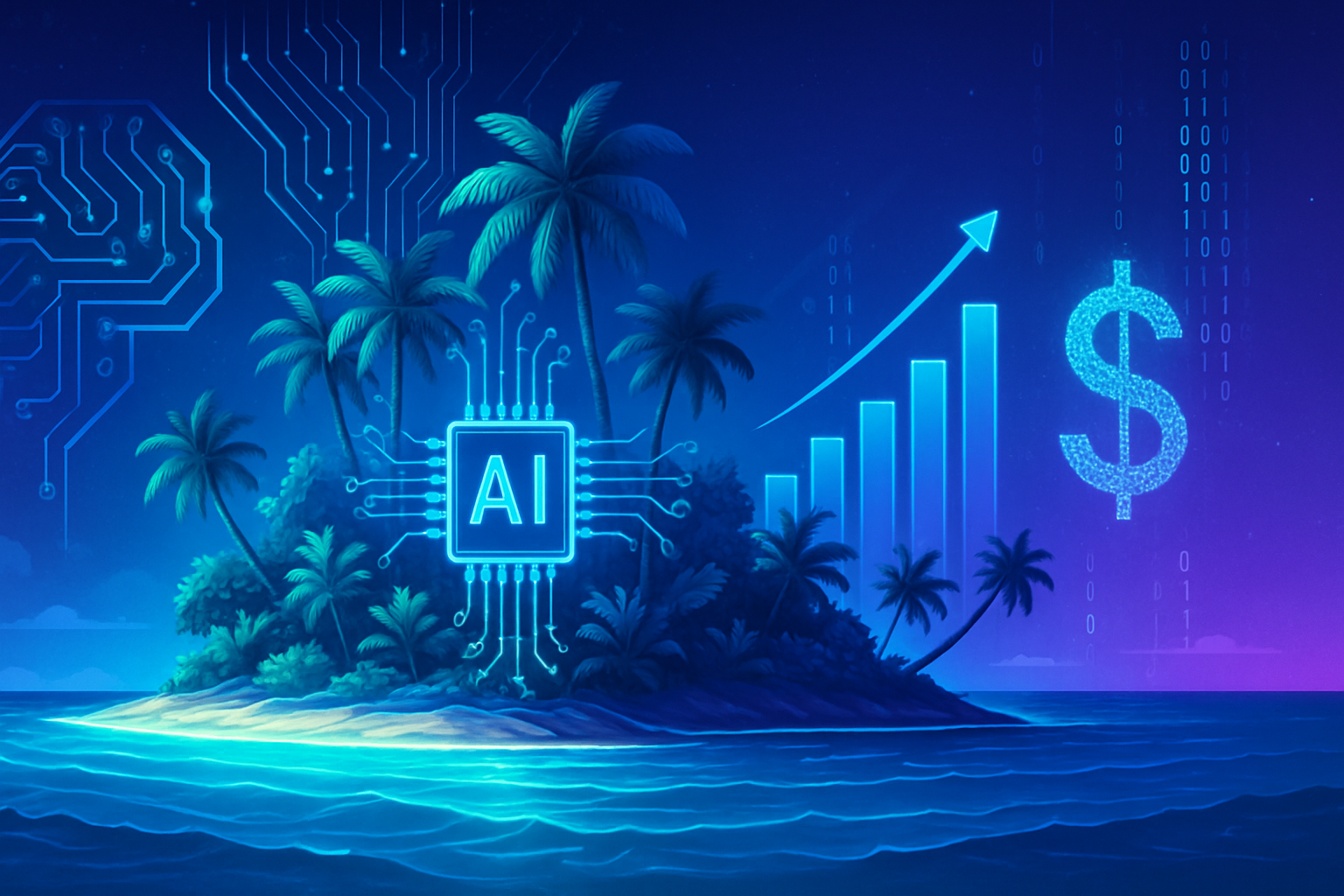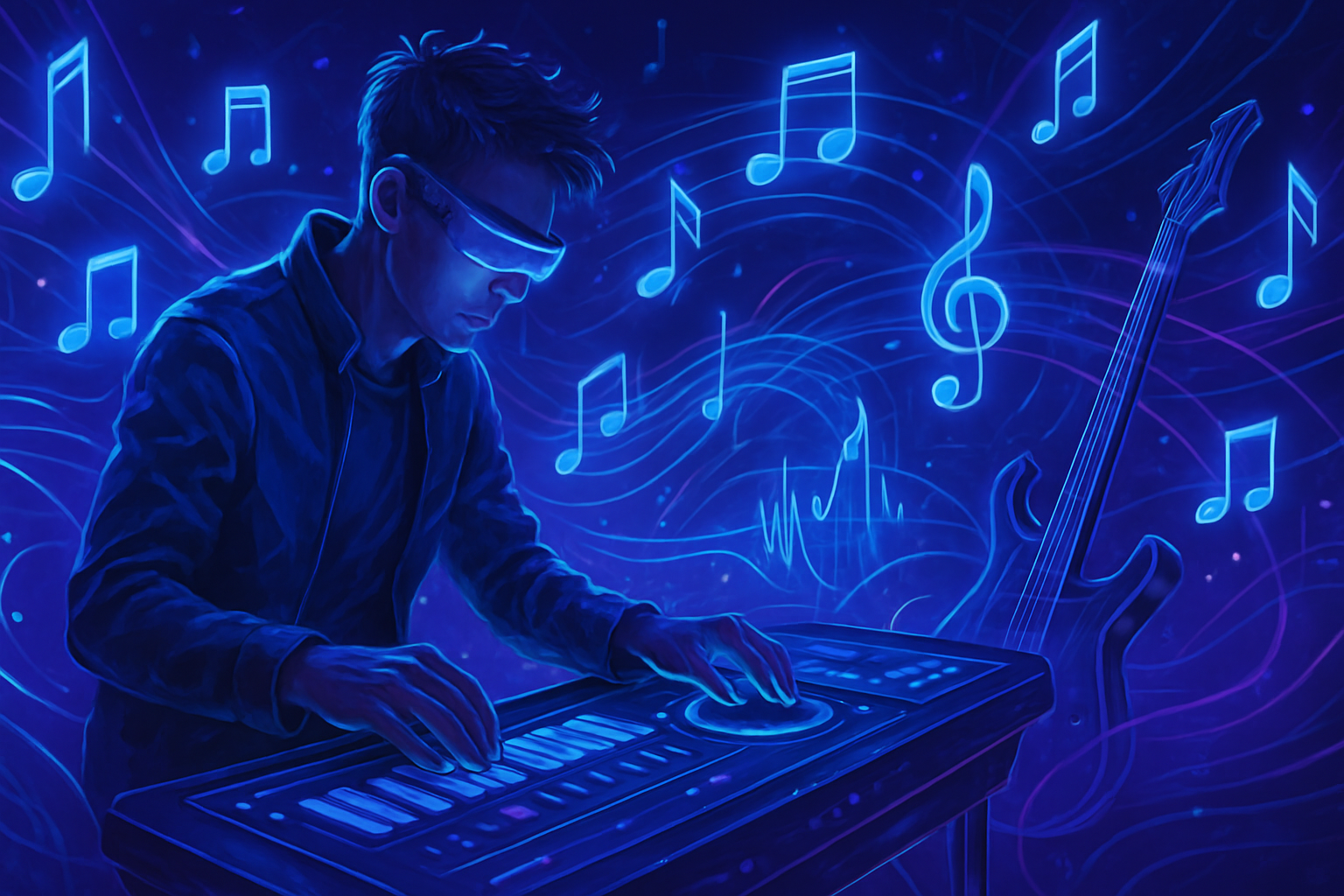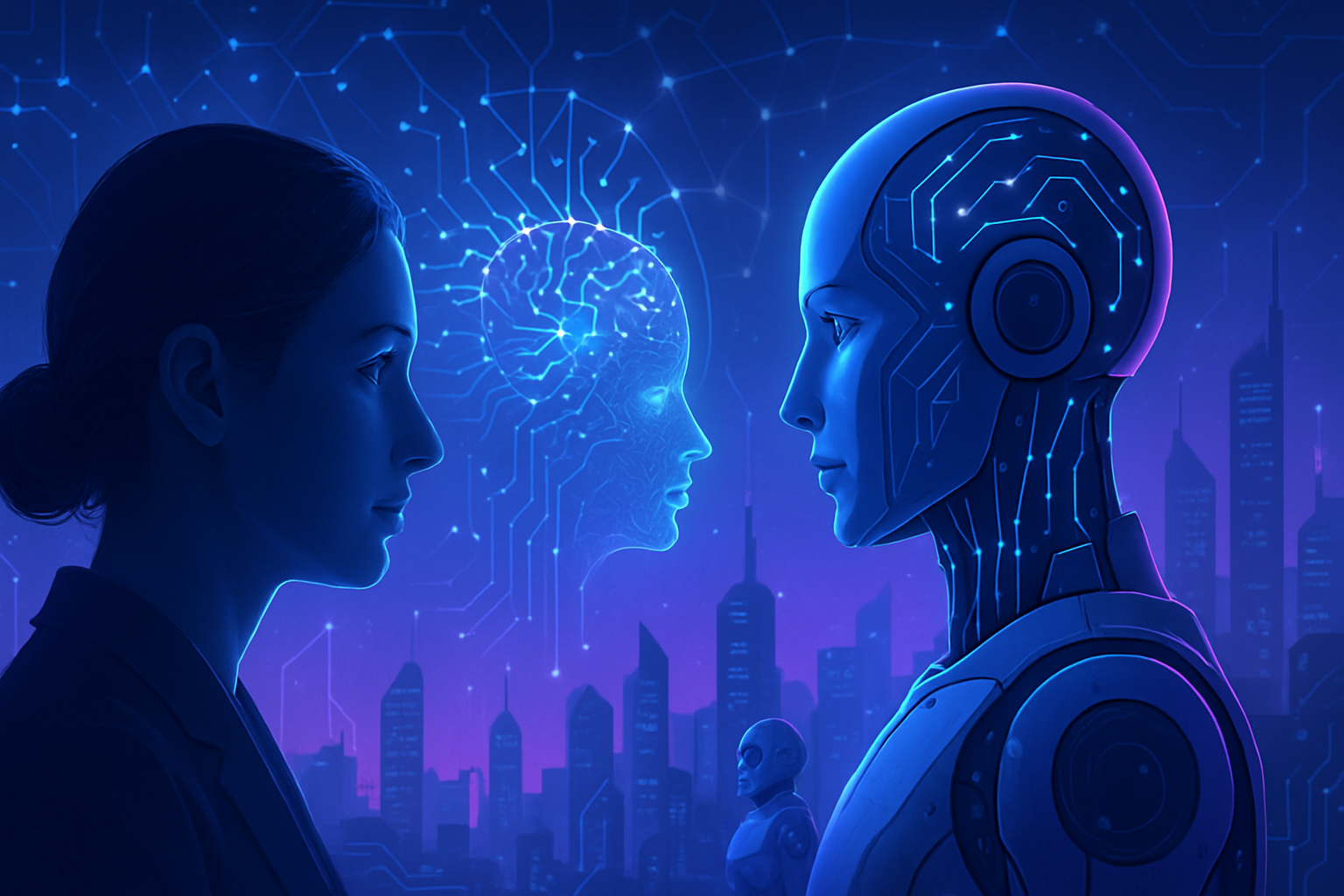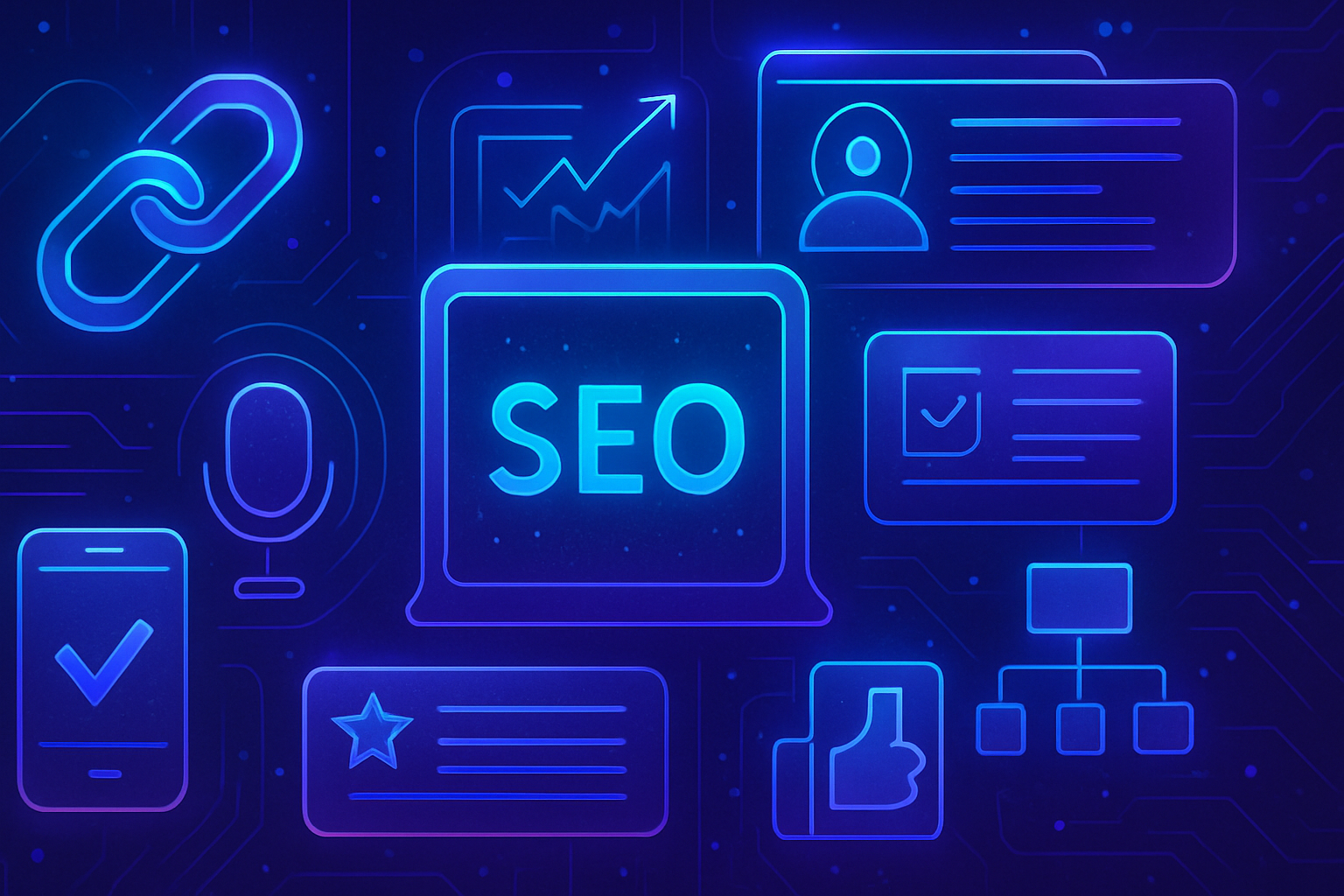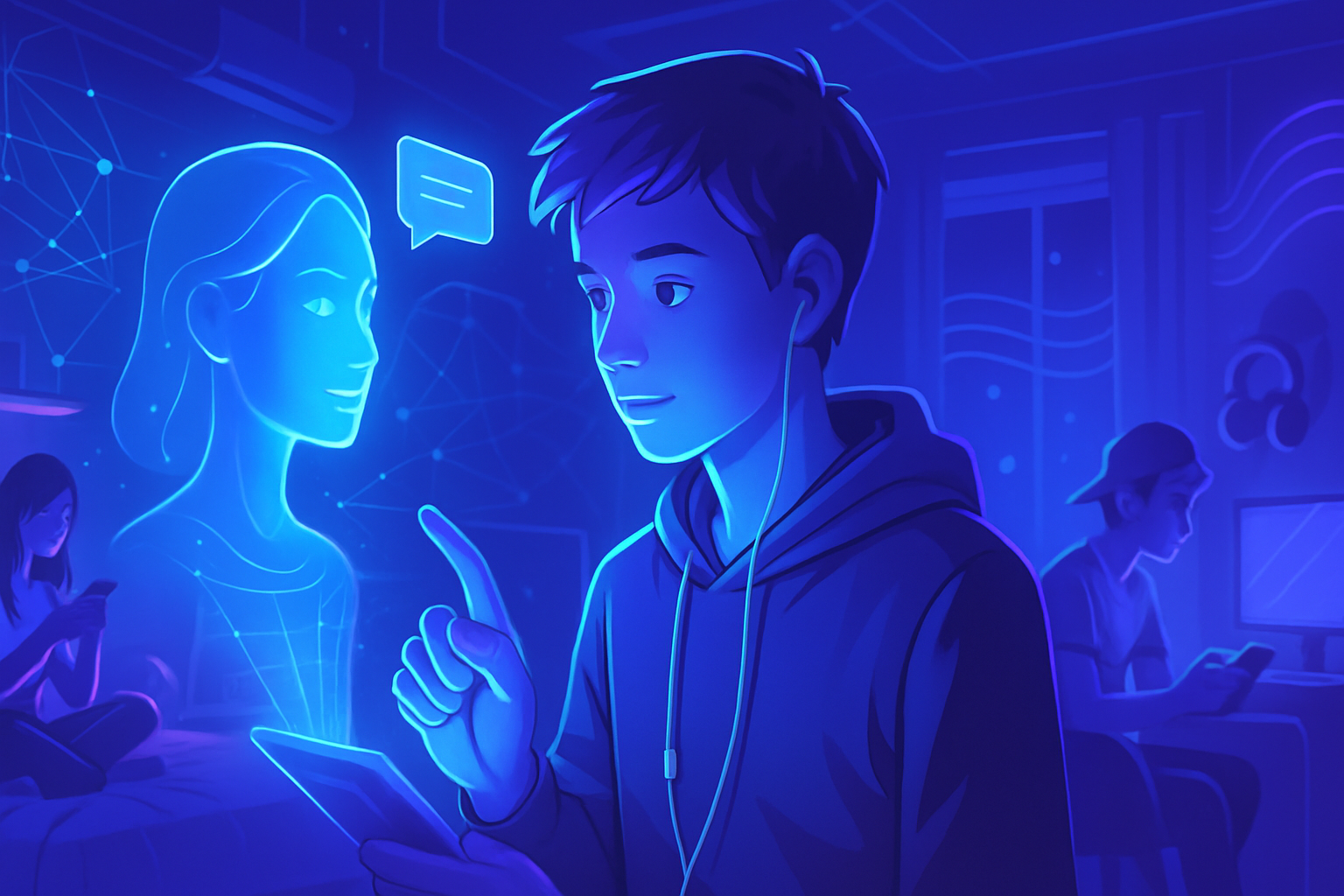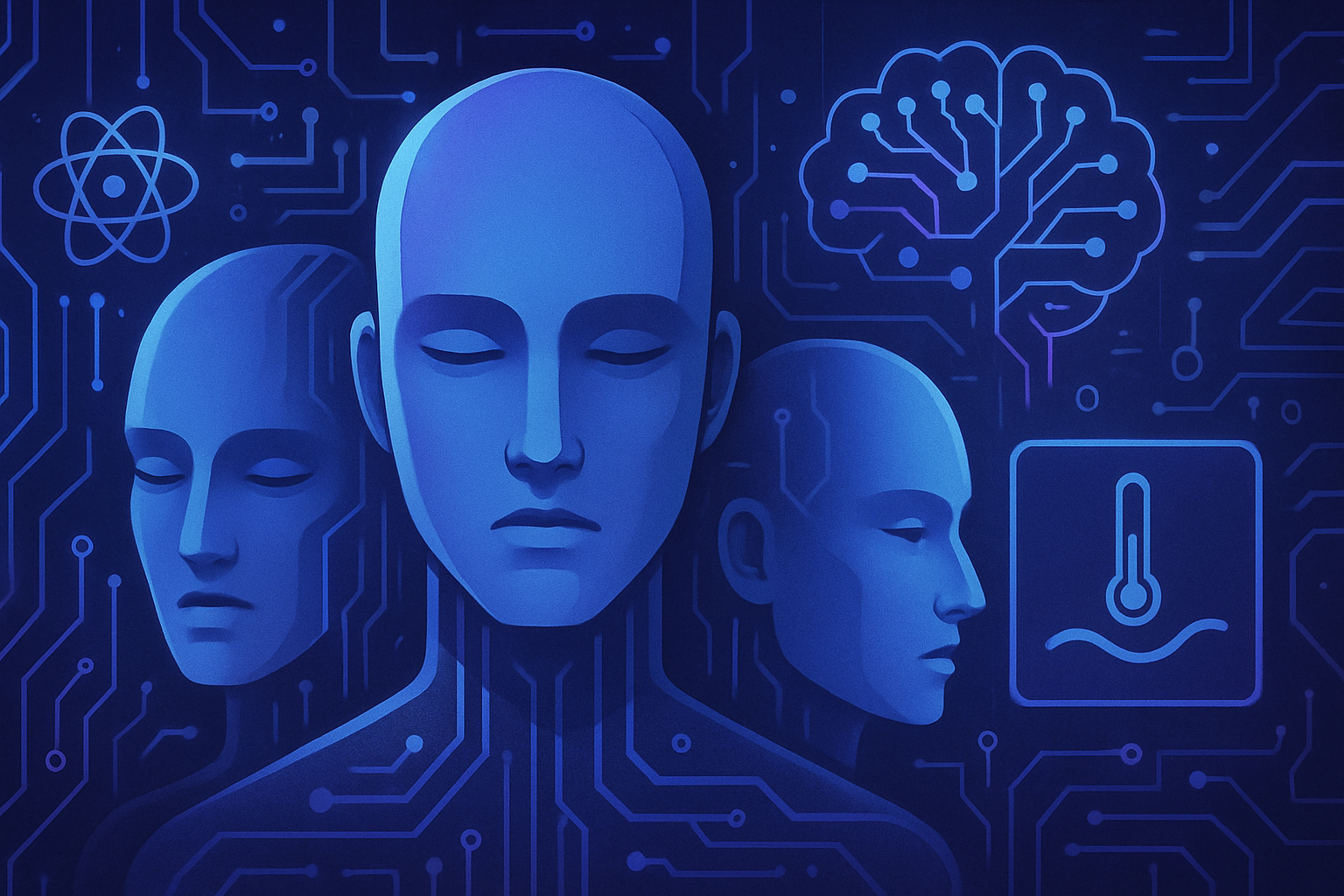The integration of AI within teams is redefining the boundaries of human collaboration. Artificial intelligence is becoming an essential teammate, transforming traditional work methods into true creative synergies. This evolution is not limited to task automation; it offers a unique opportunity to reinvent the organization of work.
Visionary companies are adopting AI for *continuous innovation and operational efficiency*, fostering an environment conducive to creativity. Technical skills alone are no longer sufficient; the ability to collaborate with AI has become crucial. These are the keys to navigating towards a future where humans and machines act in harmony to generate unprecedented added value.
AI, a true teammate
The integration of AI profoundly changes team dynamics within forward-thinking companies. This paradigm shift manifests itself through harmonious collaboration between human skills and artificial intelligence. AI is no longer seen as an intrusive technology but as a strategic ally enriching work processes and optimizing performance.
The changing perception of AI
Conversations around AI now evoke its capabilities, performance, and potential for evolution. This shift from a simple automation tool to a work partner redefines the role of AI in daily operations. Companies that adopt this vision reap undeniable benefits.
Emerging new skills and jobs
The growing demand for AI specialists is transforming the job market. A study by PWC highlights that jobs requiring AI skills are developing five times faster than in other sectors. Companies must adapt to this reality by creating new positions such as AI ethics officers or systems trainers.
Concerns regarding AI
Concerns persist about the possibility of workers being replaced by artificial intelligence. However, as AI progresses, it instead contributes to the emergence of innovative roles where humans remain central. This phenomenon requires a shared understanding of the technical and human issues related to its deployment.
Making collaborators more effective
The results of AI integration translate into increased effectiveness for collaborators. Tasks that used to take several days can now be completed in a few hours, leaving room for innovation and informed strategic decisions. AI does not replace; it enhances human capabilities.
Empowering through training and ethics
Training teams in AI technologies is becoming essential. Tailored upskilling programs must be implemented to ensure ethical and secure use of these tools. Ensuring effective human-machine collaboration also requires the intelligent reallocation of tasks between AI and collaborators.
Creating beneficial synergies
Successful companies understand the importance of a balanced infrastructure combining human skills and technical expertise. By integrating AI into their processes, they foster a work environment where every actor, human and technological, contributes to collective success. The erroneous view of AI as a threat must be abandoned in favor of a collaborative approach.
Strong frameworks for harmonious collaboration
For the integration of AI to be successful, robust governance is essential. Establishing clear ethical safeguards and human oversight is necessary to avoid abuses. Companies must commit to fostering this cooperation, continuously striving to create a climate of trust between AI and collaborators.
Future prospects with AI
As AI capabilities evolve, companies must anticipate upcoming changes. The synergies between human and artificial intelligence pave the way for unprecedented innovations. The vision adopted by these pioneers in AI integration will serve as a model for the future, both technologically and humanly.
Frequently asked questions about the integration of AI within teams
How can AI improve collaboration within teams?
It streamlines repetitive tasks, thus freeing up time for collaborators to focus on high-value activities, facilitating better cooperation across strategic projects.
What types of new roles are emerging with the integration of AI into teams?
Positions such as AI ethics officers, systems trainers, and performance evaluators are emerging, ensuring responsible and effective use of AI.
What skills are necessary to work effectively with AI?
A grasp of both the technical and human aspects of AI is essential, as well as project management and communication skills to enable good synergy between humans and machines.
How should companies prepare their teams to work with AI?
Through establishing upskilling programs, it is crucial to train teams to use AI ethically and securely, while ensuring they are ready to collaborate with these systems.
What are the potential advantages of AI for strategic decision-making in companies?
AI provides advanced analytical data and accurate forecasts, allowing leaders to make decisions based on deep insights and minimize risks.
Why might some collaborators fear being replaced by AI?
This fear often stems from a lack of understanding of AI’s true capabilities, which is not there to replace but to support, opening opportunities for new positions and allowing collaborators to focus on creative tasks.
How can companies ensure the ethical deployment of AI?
By establishing clear policies, ethics committees, and standards governing the use of AI, companies can ensure that these technologies are developed and used responsibly.
What technologies can accompany the integration of AI within teams?
Cloud computing technology, data management systems, and digital collaboration tools are solutions that support the successful integration of AI within teams.
How can AI contribute to innovation within companies?
By freeing teams from routine tasks, AI enables collaborators to devote themselves to innovation, suggesting new approaches and thus facilitating the development of unique products and services.
What are common challenges encountered when integrating AI into teams?
Challenges include resistance to change, the need for adequate training, and the necessity to establish effective integration systems to harmonize AI with existing processes.

